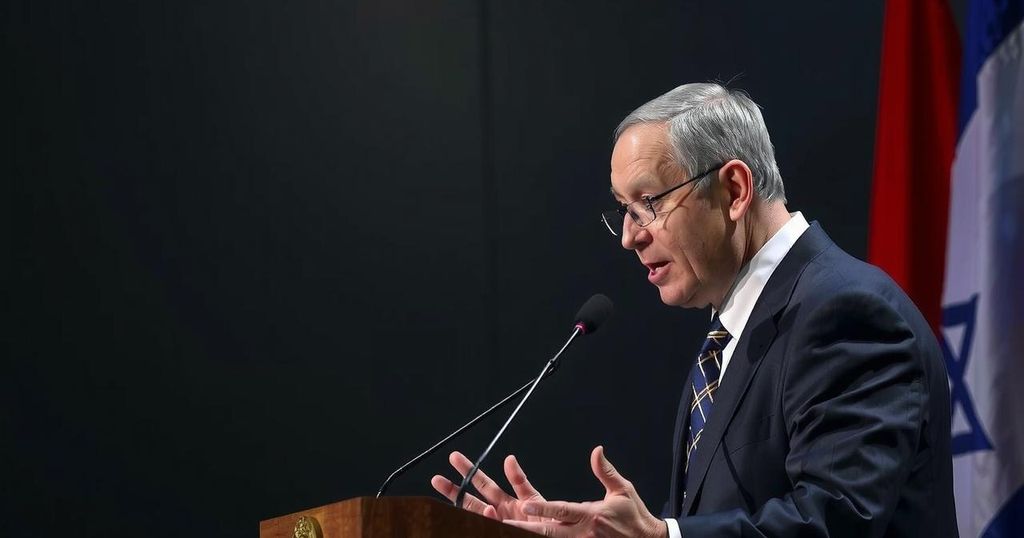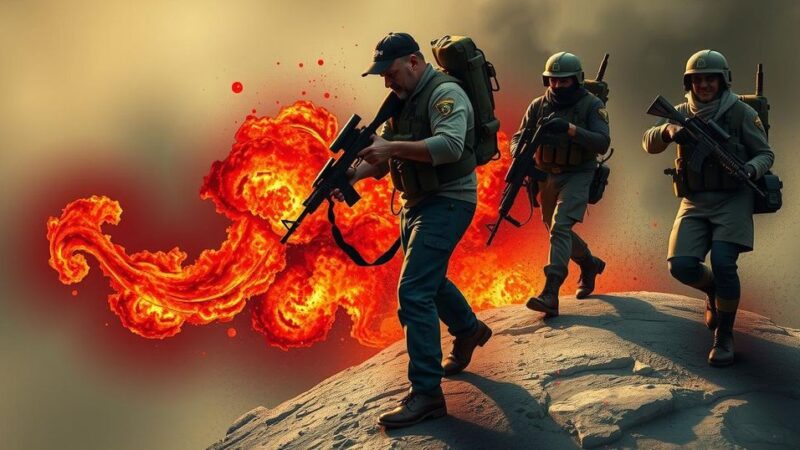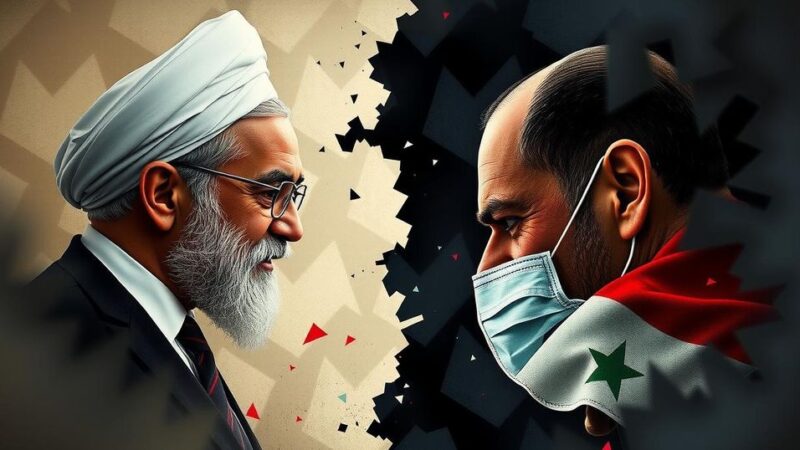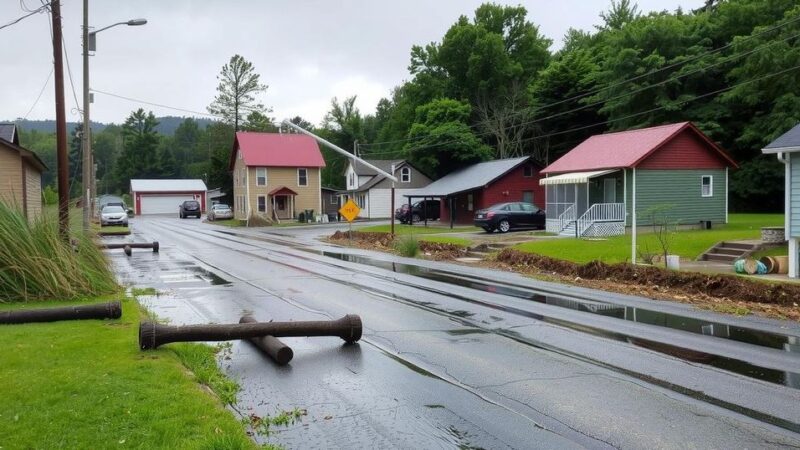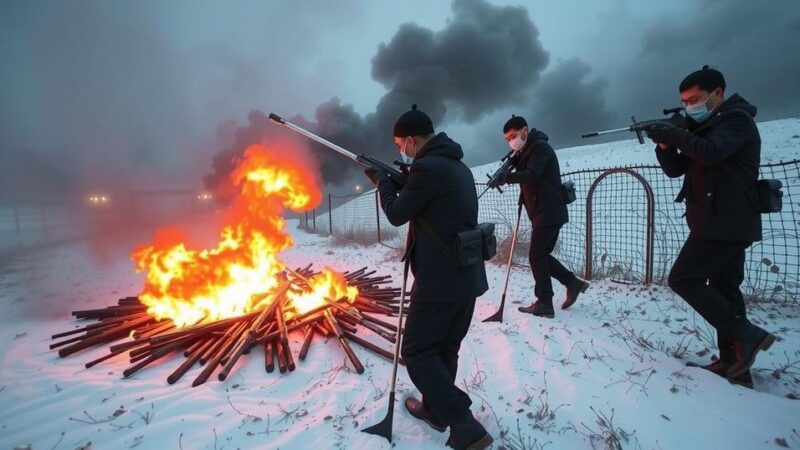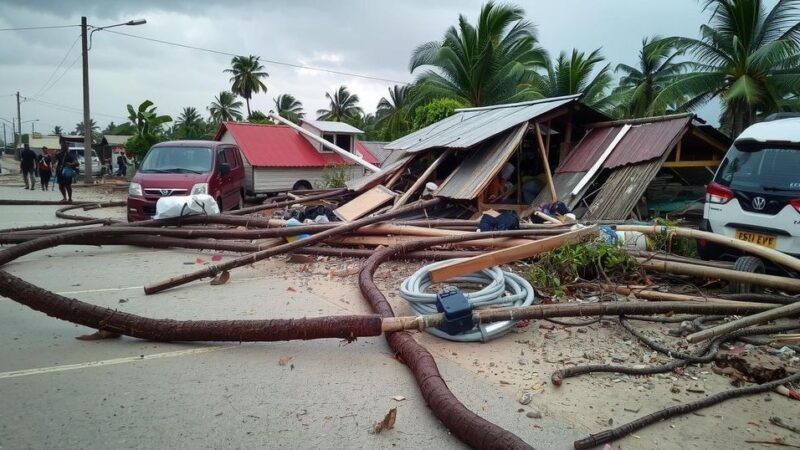Israeli Prime Minister Benjamin Netanyahu warned that the conflict with Hezbollah is not over despite a current ceasefire. He emphasized a strict enforcement of the ceasefire in response to violations, while Defense Minister Katz demanded proactive measures from Lebanon’s military. The situation remains tense as both sides accuse each other of multiple breaches, raising concerns about the durability of the ceasefire.
Israeli Prime Minister Benjamin Netanyahu delivered a stern message regarding the ongoing tensions with Hezbollah and Lebanon during a cabinet meeting on December 3. He emphasized that the present ceasefire should not be misconstrued as the conclusion of the conflict, stating, “We are currently in a ceasefire, I note, a ceasefire, not the end of the war.” Emphasizing the necessity for security, Netanyahu indicated that violations of the ceasefire would be met with decisive force, highlighting several recent attacks by Israel in response to perceived aggressions from Hezbollah.
On the same day, Israeli Defense Minister Israel Katz reinforced this position by asserting that Lebanon’s military must take action against Hezbollah to maintain the ceasefire. He articulated that the Lebanese army must be willing to prevent Hezbollah’s activities beyond the Litani River. Katz warned that failure to act could lead to a return to conflict, stating, “If we return to war, we will act strongly, we will go deeper, and the most important thing they need to know is that there will no longer be immunity for the state of Lebanon.”
The situation further escalated following accusations from France that Israel had breached the ceasefire 52 times, including a recent attack that unfortunately resulted in civilian casualties. In contrast, Israel has targeted over 20 locations in Lebanon, claiming these were necessary actions against Hezbollah’s ongoing provocations, further complicating the fragile situation in the region.
As tensions remain high, both sides appear entrenched in their positions, leading to an uncertain future for peace. The international community watches closely as both Israel and Hezbollah continue to exchange threats and retaliatory strikes, posing questions about the potential for renewed conflict in a precarious geopolitical landscape.
The conflict between Israel and Hezbollah has been ongoing since the early 2000s, following a history of hostilities and warfare. Recent developments in this conflict have been marked by intermittent ceasefires and escalations, typically following significant military exchanges. The ceasefire currently in place is meant to control hostilities, particularly along the Israeli-Lebanese border. However, violations by both sides have demonstrated the volatility of the situation, with each accusing the other of provocations that threaten the tenuous peace.
In summary, Prime Minister Netanyahu’s remarks serve as a reminder that the ceasefire with Hezbollah does not signify an end to hostilities. Military readiness and responses to violations remain a priority for Israel, with high expectations placed on the Lebanese army to act against Hezbollah. The delicate balance between ceasefire and aggression continues to pose significant challenges to peace in the region, requiring careful monitoring from all parties involved.
Original Source: thecradle.co

